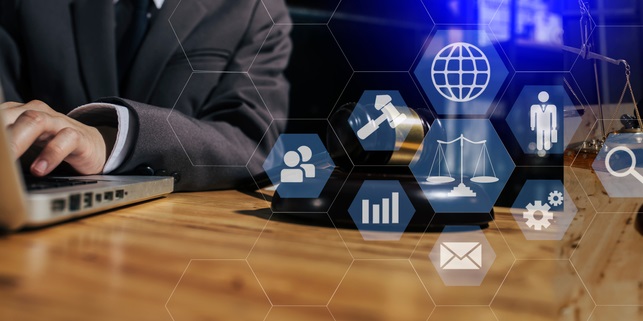Law firms and corporations may have people on staff who perform eDiscovery management tasks every day (such as loading or producing data), but not all of them do. As stated in last week’s post, there are generally three types of users: reviewers, project management, and administration. Each of these levels offers increasing access and responsibilities.
User Levels
Most eDiscovery tools are fairly easy to use, so extensive training and litigation support experience may not be necessary for reviewers or project managers to take control of common tasks. For instance, reviewers should be able to search, code, redact, and download documents without much of an on-ramp. Project managers should be able to load data, perform productions, and batch documents without too much difficulty.
More substantial eDiscovery litigation experience is necessary to fix broken or misformed load files, handle complex exceptions from unfamiliar data, and set up advanced artificial intelligence tools and technologies such as predictive review.
Experience
Managing and administering an eDiscovery system involves understanding the technology and maintaining consistent organization within the software. Skilled litigation support professionals also manage expectations and translate IT concepts to non-technical legal professionals on a regular basis. Beyond the basic understanding of litigation steps and the purpose of eDiscovery, some knowledge of the litigation timeline is helpful, but extensive legal experience may not be required.
Support
Support from the eDiscovery solution provider is a primary consideration when weighing whether you have appropriate staff. If your litigation support professional or the person performing eDiscovery work at your firm hits a roadblock, the way help is provided can be the difference between project success and failure.
Support can mean several things, such as access to help information such as videos or other online training, or communicating with an external professional (by email, chat, or phone) who understands a user’s issues. The level of support needed will vary based on the type of tool and the experience of the people you have performing eDiscovery. This is a significant consideration when selecting a platform – seasoned professionals can use a more advanced tool with only occasional assistance. In contrast, someone new to eDiscovery might need quite a bit of help in the initial stages.
Choosing a Platform
eDiscovery platforms with more built-in quality control automation and robust templates will require much less daily eDiscovery experience vs. a tool where you effectively start from scratch every time. When deciding how much internal eDiscovery experience an organization has, think of it in the three levels listed at the beginning of this post: do you only have reviewers? Do some users understand project management? Does anyone have administrative ability (which could be based on previous experience even with non-eDiscovery applications)? Once you measure that, communicating your needs clearly to an eDiscovery platform provider will help them understand what platform features to expose to which users. This can customize the experience for your organization and put the proper controls in place to minimize mistakes.


